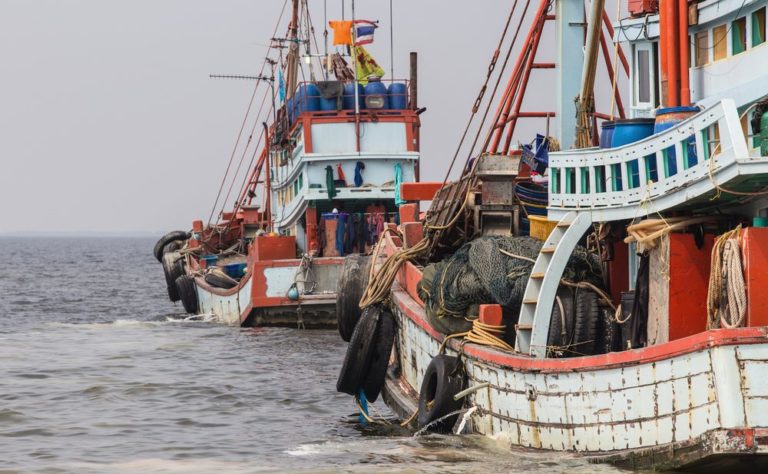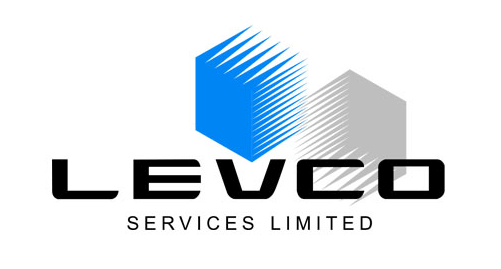
Business and human rights: legal risks in global supply chains
As seen on Sustainable Business HK
We live in an era marked by increasing global economic integration, offering many opportunities for Hong Kong businesses to enter new and developing markets. Yet this has not been matched by a corresponding development of cross-border regulation. Businesses that comply with national laws at ‘home’ may hold themselves to very different standards when operating overseas.
Lax regulatory and legal frameworks in ‘host’ jurisdictions – on issues such as environmental degradation and labour rights – may result in lower operating costs, but they come at too a high a price in terms of the social and environmental impact to the host communities affected by the business operations.
It need not be this way. Corporations can and ought to be a force for good, wherever their operations are located. This requires businesses to move beyond traditional concepts of corporate social responsibility towards a business and human rights approach. It involves businesses taking proactive measures to respect human rights and avoid rights violations throughout their operations and supply chains.
Corporations can and ought to be a force for good, wherever their operations are located.
This is the moral imperative of our age. But aside from doing what is morally right, there is considerable legal risk for any company that doesn’t address human rights violations at an operational level.
Traditional CSR vs. business and human rights
CSR has been embraced by many in the business community as a force for social good. However, many initiatives are philanthropic or charitable in nature, and thus somewhat dislocated from the core business operations. Such activities do not hold management accountable for any negative social and environmental impacts of a business’ operations.
Where companies do link CSR initiatives with their core operations or workplace practices, it tends to be through codes of conduct that are framed in terms of a discretionary or voluntary responsibility undertaken by a company. Rarely in Hong Kong do they include any reference to human rights, or to international human rights standards.
A business and human rights approach is framed in terms of obligations, responsibilities and principles underpinned by international law. The concept of business and human rights entered mainstream consciousness in 2011 with the Human Rights Council’s adoption of the United Nations Guiding Principles (UNGPs).
The UNGPs were the result of a multi-stakeholder consultation process involving governments, businesses, academia and civil society, steered by the UN Special Rapporteur on Business and Human Rights, Harvard Law School Professor John Ruggie. The UNGPs posit a three-pillar framework: the state duty to protect, the business responsibility to respect, and access to remedy – commonly referred to as the ‘Protect, Respect, and Remedy Framework’.
The second pillar, the business responsibility to respect, gives due accord to the power of the private sector to impact upon human rights, whether directly or indirectly. It requires companies to ‘avoid causing or contributing to adverse human rights impacts through their own activities, and to address such impacts when they occur, and seek to prevent or mitigate adverse human rights impacts that are directly linked to their operations, products or services by their business relationships, even if they have not contributed to those impacts’ (Principle 13 of the UNGPs).
In order to meet their responsibility to respect human rights, businesses must have in place policies and processes including human rights due diligence to identify, mitigate and account for how they address their impacts on human rights.
The business case is simple: traditional concepts of CSR do not protect businesses against the risk of litigation or damage to their reputation when faced with allegations of complicity in human rights abuses. Unless businesses are proactive in understanding and identifying the risks, they are not likely to take steps to eliminate practices to avoid human rights violations such as child labour and human trafficking which, in turn, may negatively affect their profitability or reputation.
Modern slavery in Asia
A striking example dates back to 2014, when media reports revealed that Thai ‘ghost ships’ were being used to catch food for prawns sold by major US, British and other European retailers, including the top four global retailers (Walmart, Carrefour, Costco and Tesco). The ships were manned by modern-day slaves: workers who had been forced to work for no pay for years at a time under threat of extreme violence.
The six-month investigation by the UK’s Guardian newspaper established that large numbers of men were bought and sold like animals and held against their will on fishing boats off Thailand. The world’s largest prawn farmer, Thailand-based Charoen Pokphand (CP) Foods (a company with an annual turnover of US$33bn) bought fishmeal from suppliers that owned, operated or bought from fishing boats manned with slaves. The story exposed by The Guardian told of:
“horrific conditions, including 20-hour shifts, regular beatings, torture and execution-style killings. Some were at sea for years; some were regularly offered methamphetamines to keep them going. Some had seen fellow slaves murdered in front of them. Fifteen migrant workers from Burma and Cambodia also told how they had been enslaved. They said they had paid brokers to help them find work in Thailand in factories or on building sites. But they had been sold instead to boat captains, sometimes for as little as £250.”
A lawsuit was filed in the US courts against Costco and CP Foods, its Thai seafood supplier, alleging complicity in the abuse. The suit sought an injunction to prevent the retailer Costco from selling prawns unless they were labelled as being the product of Asian slave labour.
These cases and others – poor labour standards in the Apple supply chain leading to a spate of suicides at Foxconn City, Shenzen, or the appalling conditions of the workers killed in the Rana Plaza factory collapse in Bangladesh, which supplied garments to well-known retail brands including Benetton, Kappa and Walmart – illustrate the importance to stakeholders of measures taken by organisations to avoid human rights violations in their global supply chains.
Although the Costco lawsuit was dismissed earlier this year (as was a lawsuit brought against three US retailers by the family of a garment factory worker who died in the Rana Plaza factory collapse), the damage had already been done, both from a reputational perspective and in terms of the costs and management time spent defending the claims. These risks present real and powerful economic incentives for businesses to recognise their human rights responsibilities.
Mindset shift
Moving away from traditional CSR towards a business and human rights approach requires a mindset shift. Business and leadership is viewed through the lens of ethics, morality and human rights – rather than simply profitability and cost-cutting, in isolation from the socio-economic environment within which businesses operate.
Multinationals in particular are under increasing pressure to redefine their role, purpose and principles in an active way. In June 2015, Martin Wolf presciently opined:
“Society has given the corporate form important privileges. In return, society has a right to expect obedience to the law and a measure of decency: even if it is not illegal, dumping toxic waste or rigging one’s affairs so as to pay minimal taxes to the jurisdictions that provide the environment within which the company can generate its profits is indecent. It is freeloading.”
Whilst corporations have too readily tried to distance themselves from responsibility for what goes on in their supply chains, this is no longer tenable, given the extent and reach of human rights violations across the globe.
Hong Kong, as a leading financial hub in South East Asia, cannot escape its reach and responsibilities – particularly in light of the fact that many businesses in Hong Kong have operations that extend beyond the borders of Hong Kong, to other countries across the region.
Farzana Aslam is Chair of Justice Centre Hong Kong, and Principal Lecturer and Associate Director of the Centre for Comparative and Public Law at the University of Hong Kong, where she teaches the ‘Business and Human Rights’ elective offered to LLM students.




